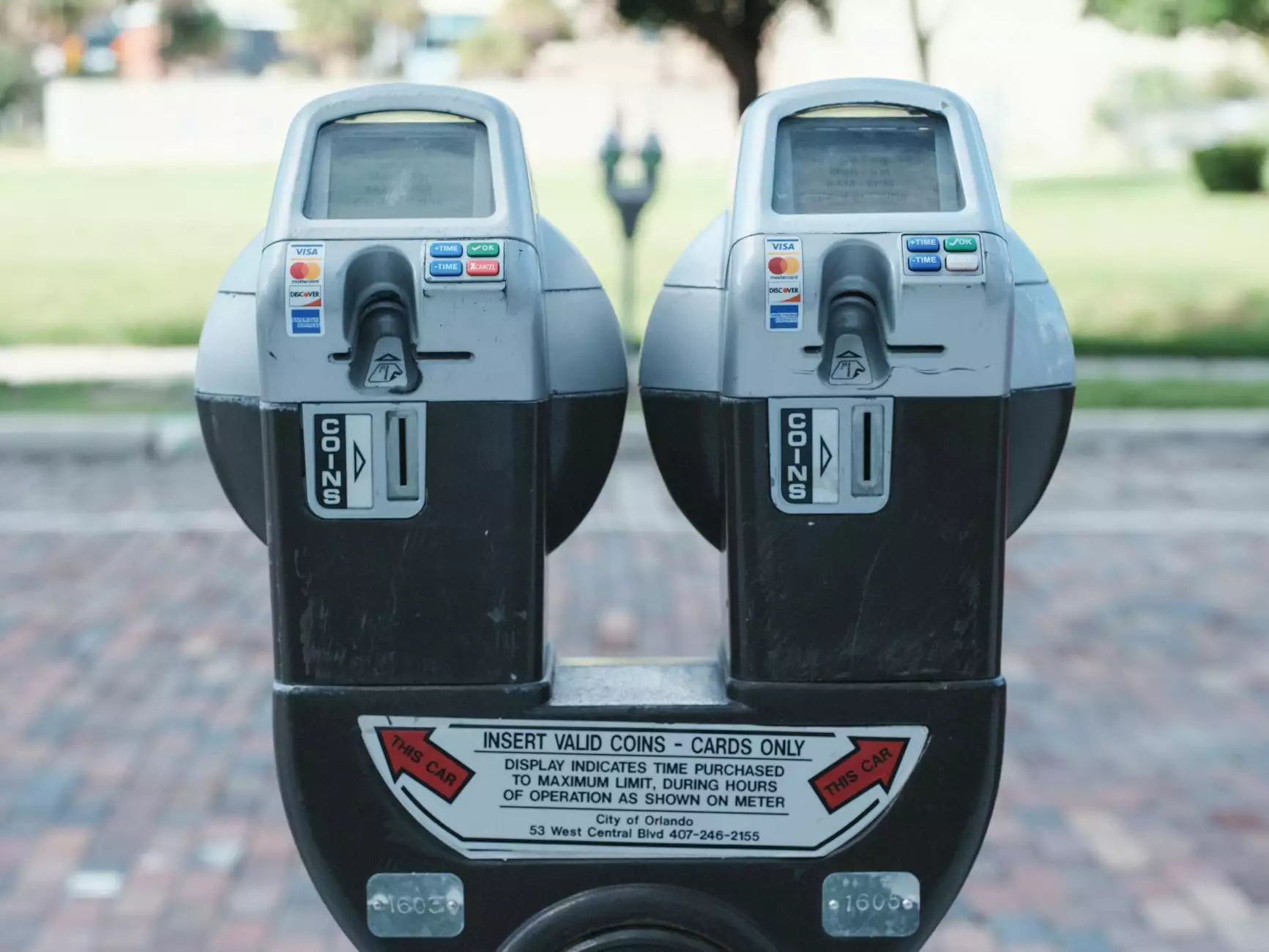Enhancing Urban Cleanliness with Road Cleaning Trucks

In an age of increasing urbanization, the cleanliness of our streets has never been more critical. Cities are expanding rapidly, resulting in higher levels of pollution and waste accumulation. As a cornerstone of urban maintenance, road cleaning trucks play a vital role in ensuring that our roads remain clean, safe, and welcoming. This article delves into the various aspects of road cleaning trucks, their types, benefits, and the technology that drives them.
The Importance of Road Cleaning Trucks in Urban Settings
The presence of road cleaning trucks in urban environments is essential for several reasons:
- Public Health: Clean roads contribute to improved air quality and overall public health.
- Safety: Regular cleaning reduces hazards caused by debris and pollutants.
- Aesthetic Appeal: Well-maintained streets enhance the visual appeal of urban areas.
- Environmental Sustainability: Road cleaning helps manage waste and reduce runoff pollution.
Types of Road Cleaning Trucks
Road cleaning trucks come in various designs and functionalities tailored to meet the diverse needs of different environments. Below are some common types:
1. Vacuum Sweepers
Vacuum sweepers are equipped with powerful suction systems that effectively collect dirt, debris, and litter from roadways. These trucks are ideal for urban areas where quick and efficient cleaning is necessary.
2. Mechanical Sweepers
Mechanical sweepers utilize rotating brushes to push debris into a collection hopper. These are frequently used in conjunction with vacuum mechanisms to enhance the cleaning process.
3. Combination Sweepers
A combination of vacuum and mechanical cleaning technologies, combination sweepers provide a comprehensive cleaning solution. They are highly effective for various surfaces, including highways and city streets.
4. Water Trucks
Water trucks are primarily used for dust control and road surface cleaning. They spray water on surfaces to minimize particulate matter in the air, making them indispensable in dry climates.
Benefits of Using Road Cleaning Trucks
The adoption of road cleaning trucks offers numerous advantages for municipalities and urban planners alike:
Enhanced Efficiency
Compared to manual street cleaning, mechanized solutions significantly increase operational efficiency. With advanced designs and technologies, these trucks can clean large areas in a fraction of the time.
Cost-Effectiveness
Investing in road cleaning trucks can lead to substantial long-term savings. By reducing manual labor costs and minimizing the need for frequent repairs due to debris-related damages, these vehicles ultimately protect municipal budgets.
Environmental Impact
Equipped with eco-friendly technologies, modern cleanliness trucks have a lower impact on the environment. They often feature low-emission engines and efficient waste collection systems that minimize litter and pollution.
Community Satisfaction
When streets are clean, the quality of life improves for residents and visitors alike. A cleaner environment fosters a sense of community pride and increases overall satisfaction.
Innovative Technologies in Road Cleaning Trucks
The evolution of road cleaning trucks is heavily influenced by advancements in technology. Here are some innovations that are shaping the future of street cleaning:
Smart Sensor Systems
Many modern road cleaning trucks are equipped with smart sensors that analyze the cleanliness of roads in real-time. These systems enable operators to focus cleaning efforts where they are most needed.
Automated Controls
With the rise of automation, some advanced cleaning trucks offer automated operation modes, allowing for increased precision and reduced driver fatigue.
Telematics and Fleet Management
Telematics technology provides data on the performance and location of cleaning trucks, allowing for optimized routes and maintenance schedules. This contributes to better operational efficiency.
Electric and Hybrid Models
To combat climate change, the industry is witnessing a shift toward the development of electric and hybrid road cleaning trucks. These models reduce reliance on fossil fuels, further enhancing their eco-friendly profile.
Regulatory and Environmental Considerations
As cities grow, so do the regulations surrounding waste management and environmental protection. Municipalities need to consider several aspects when implementing road cleaning operations:
Waste Management Policies
Effective waste management policies guide the operation of road cleaning trucks. These policies ensure that debris collected from streets is disposed of responsibly and that recyclables are recovered whenever possible.
Air Quality Standards
To comply with air quality standards, municipalities must ensure their road cleaning fleets use vehicles that emit lower levels of pollutants. This often requires investing in newer models that meet stringent emission regulations.
Community Engagement
Involving the community in cleanliness initiatives can amplify the impact of road cleaning operations. Public engagement increases awareness of the importance of clean streets and encourages residents to take an active role in maintaining them.
Future Trends in Road Cleaning Trucks
The future of road cleaning trucks looks promising, with continued innovation and adaptation to meet the challenges of urban pollution and sustainability. Some trends to watch include:
Increased Automation
Further advancements in automation will allow road cleaning trucks to operate with minimal human intervention, leading to improved efficiency and safety.
Integration with Smart City Frameworks
As cities become smarter, integrating road cleaning operations with other city management systems will increase overall efficacy, allowing for real-time data sharing among different municipal departments.
Focus on Sustainability
As environmental concerns take center stage, future road cleaning trucks will likely emphasize sustainability. This includes using sustainable materials in their construction, improving energy efficiency, and incorporating renewable energy sources.
Conclusion
In conclusion, road cleaning trucks are indispensable assets in the fight for cleaner and safer urban environments. Their evolution, driven by technology and environmental awareness, ensures they remain effective amidst growing urban challenges. By understanding their impact, benefits, and the future possibilities of these vehicles, municipalities can better leverage their capabilities to foster cleaner, healthier, and more aesthetically pleasing cities for everyone.
Call to Action
If you’re considering enhancing your municipality’s cleaning operations, look no further than investing in advanced road cleaning trucks that embody innovation, efficiency, and sustainability. Together, we can pave the way for a greener future!
For more information on the best road cleaning solutions or to explore a variety of models available, visit ceksansweepers.com.









